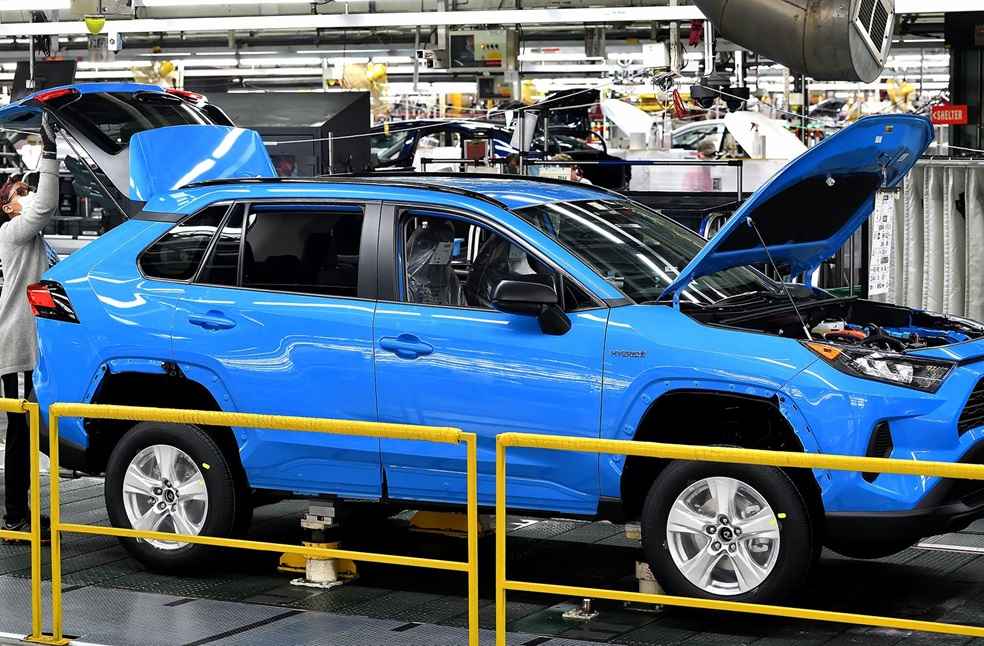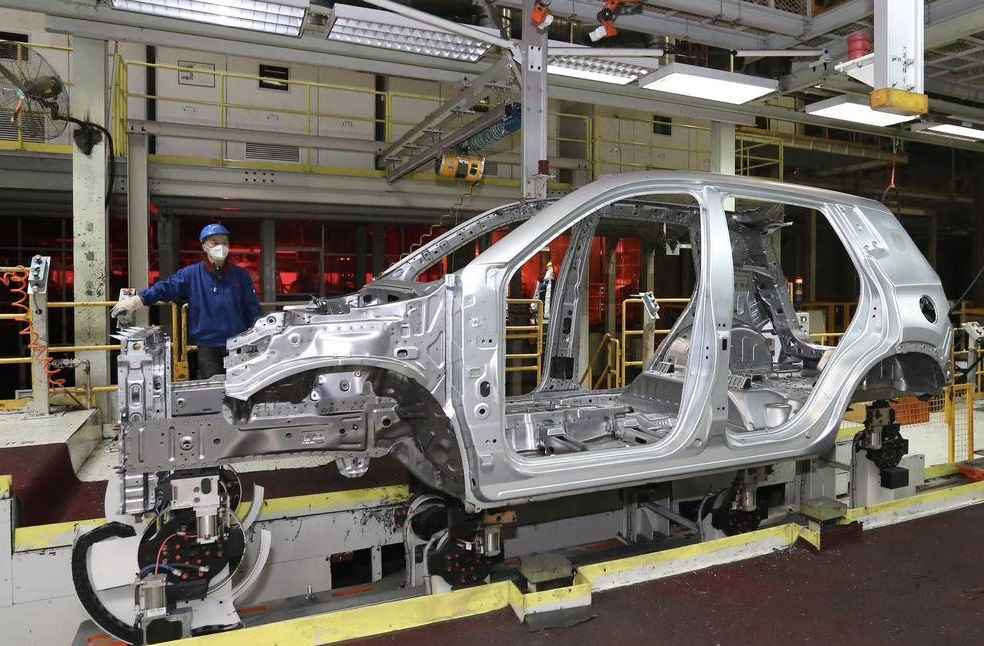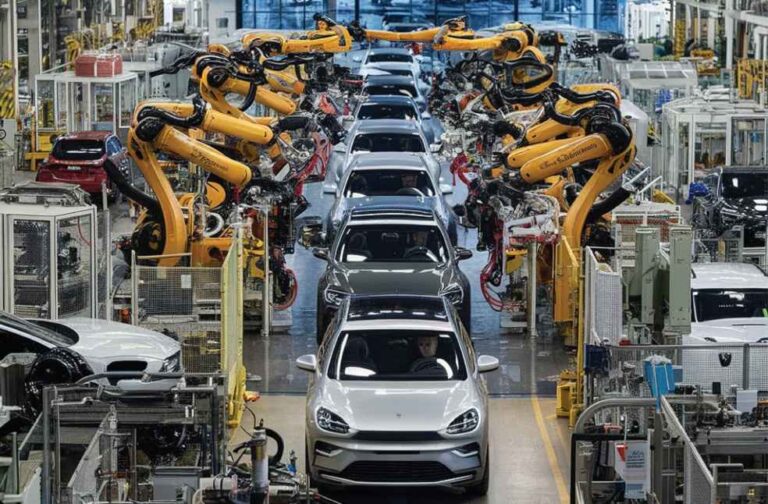U.S. automakers have expressed strong concern over President Donald Trump’s new trade framework with Japan, warning that it could put domestic manufacturers at a disadvantage compared to their foreign competitors. The deal imposes a 15% tariff on Japanese vehicles, down from the 25% previously threatened, prompting fears among U.S. carmakers of unequal treatment in the global supply chain.
Matt Blunt, president of the American Automotive Policy Council, representing General Motors, Ford, and Stellantis, stated that U.S. automakers may face significantly higher tariffs on steel, aluminium, and vehicle parts, undermining their competitive position. “This is a deal that will charge lower tariffs on Japanese autos with no US content,” Blunt said, adding that American firms still contend with tariffs as high as 50% on steel and aluminium, and 25% on components and finished vehicles.
Blunt cautioned that despite the Trump administration’s assurances, the agreement could generate economic and political backlash, particularly in automotive hubs like Michigan and Wisconsin. These states, central to the American auto industry and politically significant, may feel the strain of the trade imbalance created by such tariff discrepancies.

The Trump administration has touted the deal as a landmark success. Announced on Tuesday, the agreement also includes a pledge from Japan to invest $550 billion in U.S.-based projects and a commitment to reduce regulatory barriers that have historically limited the entry of American vehicles into the Japanese market.
According to the White House, the new framework will enable Detroit-built vehicles to be exported directly to Japan and sold more easily. Despite these claims, Blunt expressed scepticism, noting that non-Japanese automakers, including those from the U.S., Europe, and South Korea, currently hold just a 6% share of the Japanese market. “Tough nut to crack, and I’d be very surprised if we see any meaningful market penetration in Japan,” he remarked.
Major Japanese automakers such as Toyota, Honda, and Nissan, along with industry organizations like Autos Drive America and the Alliance for Automotive Innovation, have yet to respond publicly to the trade agreement.

Industry analysts suggest that the new deal could influence broader tariff discussions. Sam Fiorani, vice president at AutoForecast Solutions, acknowledged the concerns of U.S. automakers but pointed out that many Japanese brands already produce high-volume models in North America, making them less affected by import tariffs. Exceptions such as the Toyota 4Runner, Mazda CX-5, and Subaru Forester remain imports, but they occupy niche segments.
Fiorani also noted that existing tariffs under the U.S.-Mexico-Canada Agreement (USMCA) can, in some cases, be higher than those proposed under the new Japan framework. He suggested that future negotiations with Canada and Mexico might align tariffs closer to the 15% mark, but anticipated little urgency from either side to revisit the previous administration’s trade deal.
As the USMCA comes up for review next year, the implications of the Japan deal may spur renewed debate over tariff fairness and global competitiveness for American auto manufacturers.
AUTO TECH | Japan’s Automotive Sector Installs 13,000 Robots, Hits 4-Year High





